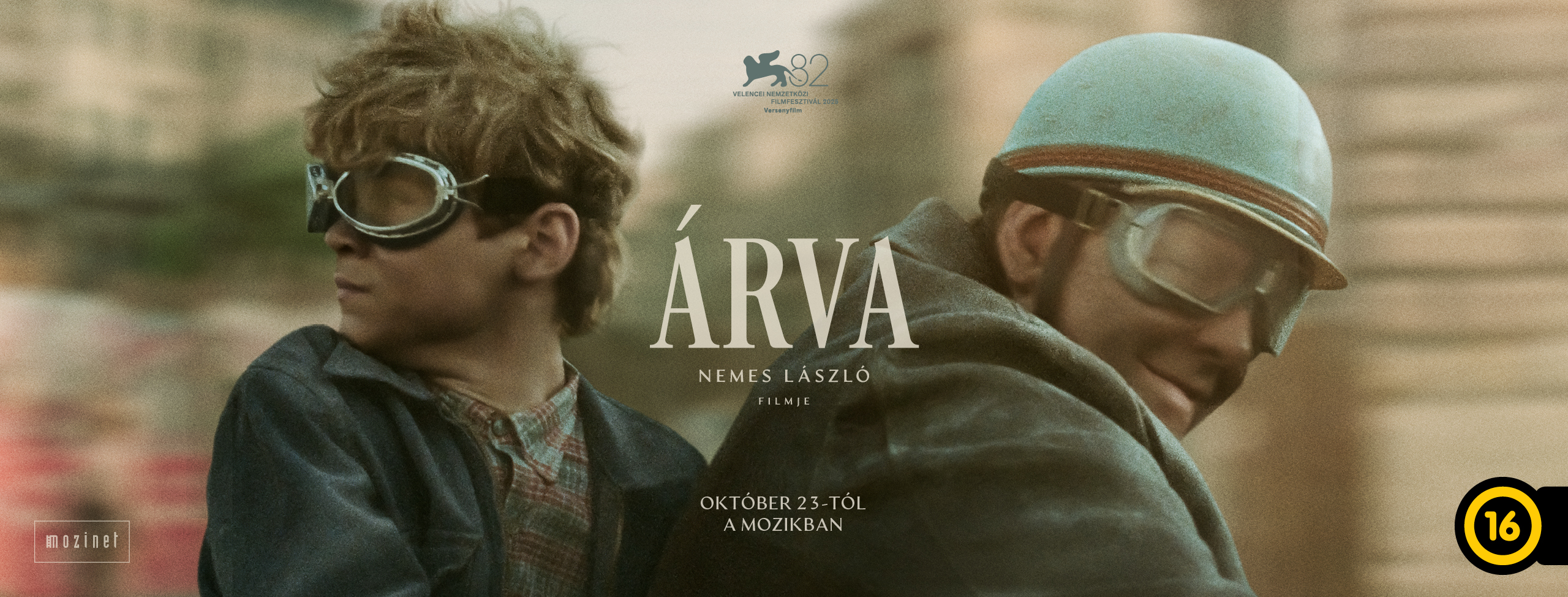Oscars: Hungary Selects Laszlo Nemes’ ‘Orphan’ for Best International Feature Film Submission

Hungary has selected Laszlo Nemes‘ Orphan as the official submission for best international feature film at the Oscars.
Orphan, Nemes’ third feature film follows a young Jewish boy in 1957. In Budapest, after the uprising against the Communist regime, Andor — raised by his mother with idealized tales of his dead father — has his world turned upside down when a brutish man appears, claiming to be his true father.
The Hungarian-language film had its world premiere in the main competition at this year’s Venice Film Festival, where it competed for the coveted Golden Lion.
“The first thing to know about “Orphan” is that the orphan of the title isn’t really one at all. Twelve-year-old Andor (Bojtorján Barabás) has a mother who is alive and well and present, as much as she can be, while his father is — well, that’s where things get complicated. In his turbulent young mind, however, Andor may as well be alone in the world. In the unforgiving wasteland of 1950s communist Hungary, a country still licking the wounds of a war and a failed revolution, his care appears not to be the first thing on anyone’s mind, and for better or worse, the boy soon comes to trust nobody but himself. It’s a harsh coming-of-age arc that László Nemes’ third feature traces in slow, stately and strangely honey-dipped fashion: an almost unbearably anguished childhood rendered almost numbingly beautiful.”
Full review at Variety
“Márton Agh’s production design is a tour de force, the jumbled contents of a desk drawer imparting as complex a narrative as the panoramic populated views of city streets – and, by contrast with the artfully obscured depictions of Nemes’s previous films, here the filmmaker is exceptionally generous, even extravagant, with how much he shows. This is modern period drama at its most meticulous and unsparing, never indulging in spectacle or the gratuitously scenic, but conveying an acutely concrete sense of the time and milieu.”
Full review at Screendaily
“The evocation of a time and place is striking, every setup and framing choice precise and purposeful — at times to a prettified fault. Working as usual with cinematographer Mátyás Erdély, Nemes shot the film on 35mm, returning to the tight Academy ratio they used in Son of Saul. While Orphan is not as aesthetically formal, its grainy textures and desaturated colors combine with the narrowed visual field to channel the perspective of a 12-year-old boy both confused by and angry with the world around him.”
Full review at The Hollywood Reporter